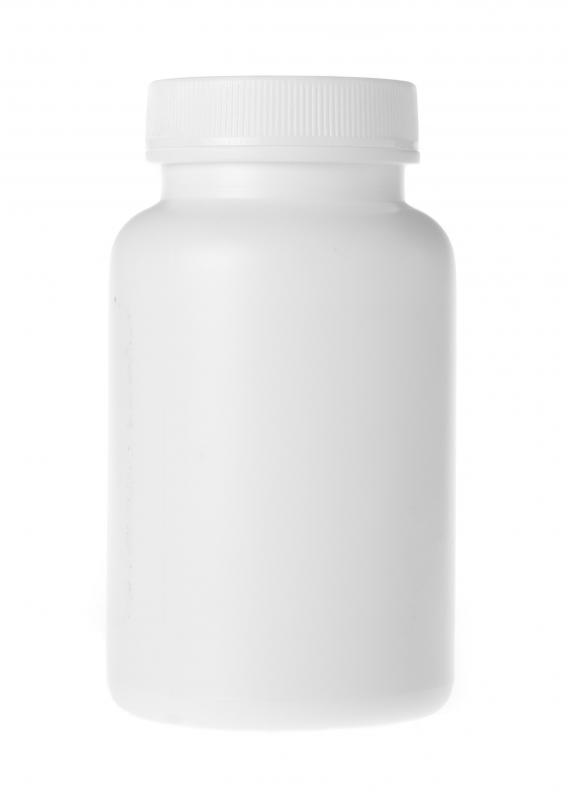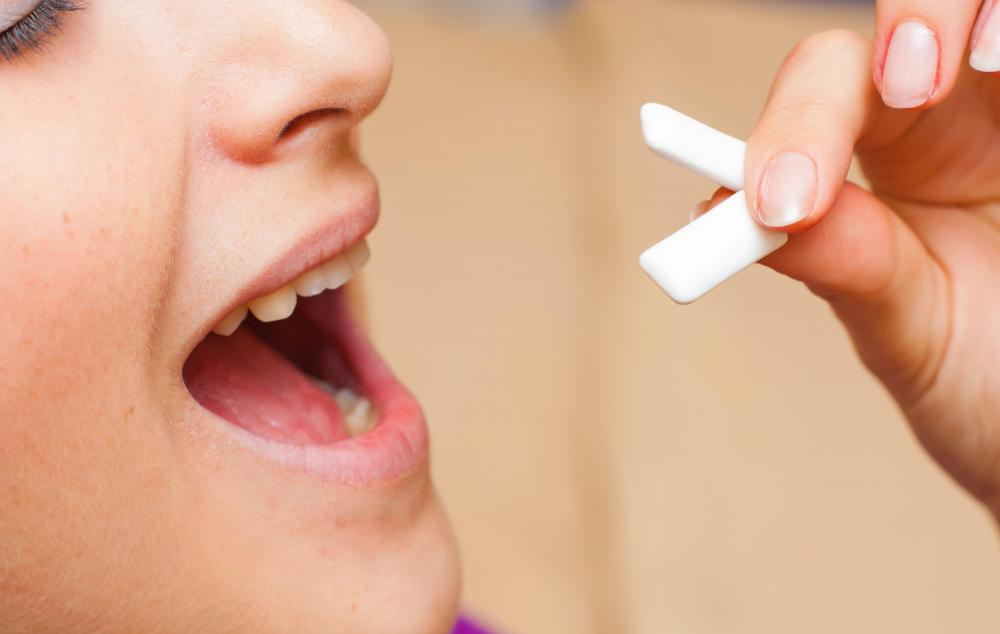At TheHealthBoard, we're committed to delivering accurate, trustworthy information. Our expert-authored content is rigorously fact-checked and sourced from credible authorities. Discover how we uphold the highest standards in providing you with reliable knowledge.
What are the Most Common Causes of Lower Jaw Pain?
Lower jaw pain can be a quite distressing symptom and may lead to difficulty talking, chewing, or swallowing. There are several potential causes for pain in the jaw, and it is important for individuals to see a medical professional or dentist in order to get an accurate diagnosis. Some possible causes may include bone or joint injuries or diseases. In some cases, heart problems, including a heart attack, can lead to jaw pain. Treatment depends on the direct cause of the pain, making an early diagnosis vitally important.
A condition known as temporomandibular joint disorder, or TMJ, is one of the most common causes of pain in the lower jaw. The temporomandibular joint is responsible for connecting the lower jaw to the skull. TMJ may be aggravated or brought on by medical conditions such as arthritis or by grinding the teeth, although the direct cause is not always easy to identify. Symptoms may include pain, swelling, or difficulty opening the mouth completely. Treatment often includes lifestyle changes, the use of prescription medications, or surgical intervention.

Arthritis, or inflammation of the joints, is another common cause of lower jaw pain. Arthritis may be caused by injury to the joint or supporting structures or may develop as a natural part of the aging process. Symptoms of arthritis may include pain, stiffness, and swelling. Treatment typically involves the use of over-the-counter or prescription medications as well as moderate lifestyle changes.

Bone metastases, or abnormal bone growths, are a leading cause of jaw pain. Cancer, especially bone cancer, is a common cause of this medical condition. It is important for people to have this problem treated right away to prevent the jaw from splitting open and causing severe medical complications.
Dental issues may sometimes lead to pain in the jaw as well, and these problems can typically be diagnosed during a routine dental exam. Some of these potential dental problems include untreated cavities or wisdom teeth that have been removed. In fact, any kind of dental surgery has the potential of leading to mouth and jaw pain. The original dental condition should be treated in order to relieve the discomfort.

Lower jaw pain is often treated with over-the-counter pain medications such as aspirin or ibuprofen, although stronger pain medications may be prescribed for severe cases. Rest or mild jaw exercises may be recommended, depending on the exact cause of the jaw pain. In rare instances, surgical intervention may become necessary.
AS FEATURED ON:
AS FEATURED ON:















Discussion Comments
It's incredibly important, especially if you're a woman, to realize that a lot of heart attacks don't look like they do in Hollywood.
You aren't always going to be warned by pain in your arm or in your chest. Women in particular often suffer from other symptoms like sudden pain in the jaw.
If you get jaw pain on one side and have other symptoms like breathlessness, you should pay attention and, if possible, go to a hospital. The best thing is if they can catch a heart attack early.
@browncoat - I have it as well and I've basically just figured out for myself what causes it.
Basically, when I get stressed, or when I sit the wrong way for extended periods of time (for example, slouching in bed, on the laptop) I tend to tense up my jaw and neck muscles and they eventually get really stiff and sore.
They are difficult to isolate and relax, so I just have to be constantly aware to make sure I'm not hurting them without realizing it. Taking anti-inflammatory pain medication really helps too.
It's a good idea to try and monitor it and figure out how to help yourself, because if it keeps on it will only get worse with time as the nerves and muscles get more and more used to being in pain.
I have TMJ symptoms and my dentist thinks I have it, although I've never been formally diagnosed by a doctor (I don't know if they really can diagnose it, since it's not really caused by anything.) I only know what it is because I went to the dentist in order to get him to check my teeth, since I was sure that had to be the cause of the pain.
My dentist says it's often because people grind their teeth, and make the jaw muscle swell up, so he's told me never to chew gum or anything else that means I'll have to move my jaw for no reason.
Post your comments